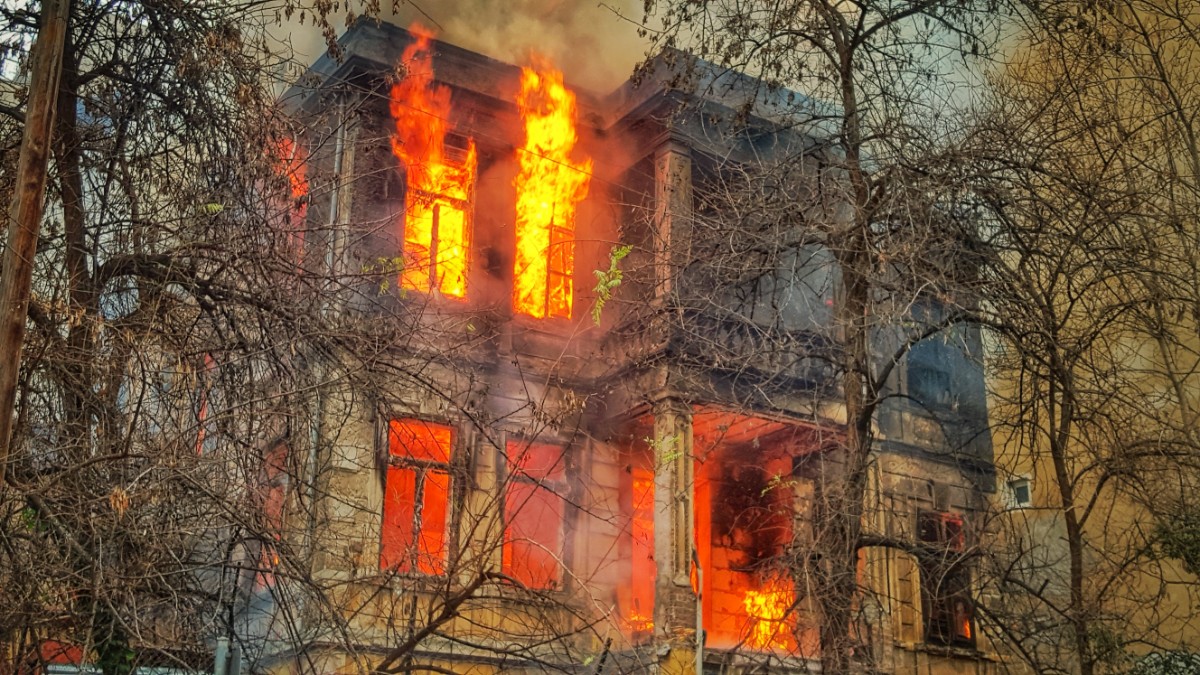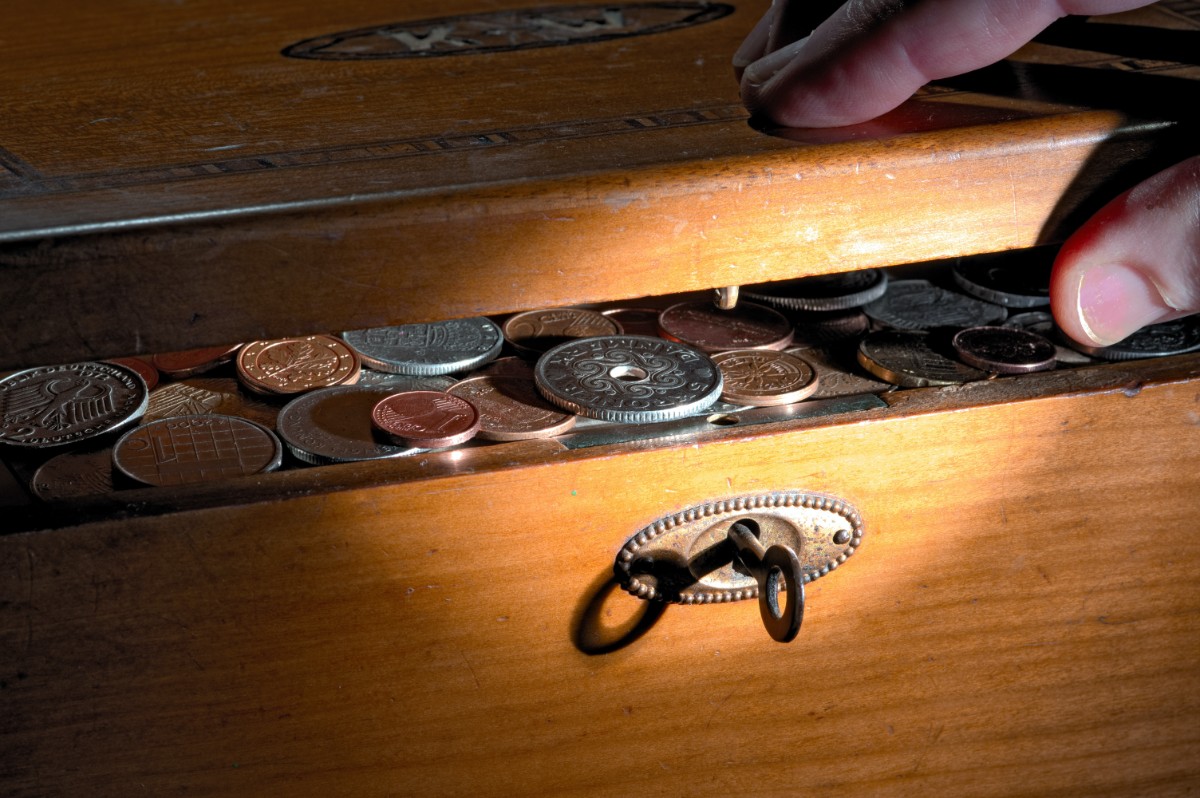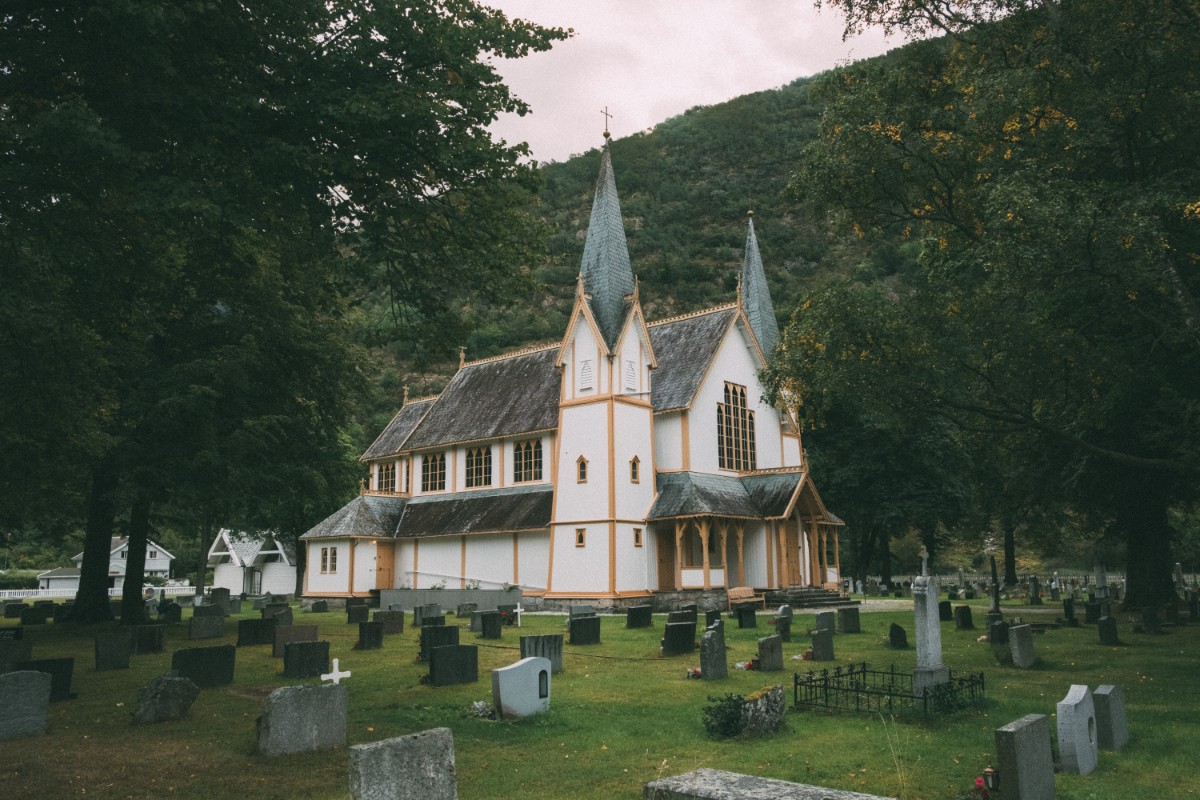Write your Family History
 Photo by Chris Karidis on Unsplash
Photo by Chris Karidis on UnsplashHave you written your family history? What about your personal history? The African proverb “When an old man dies, a library burns,” emphasizes the importance of writing your personal and family history. When your life comes to an end, only what you, or those around you, have written about your life will survive. How will others view your life? How will you be remembered?
Another saying, this one by Mark Twain, says it differently. “The dullest pencil is better than the sharpest memory.”
What family history, memories, ideas, life experiences, or knowledge will be lost when I die? What will be lost when you die? What memories do you want to leave for your children and grandchildren?
Another question you might want to as yourself is this: Who is the best person out there to write about my life? Do I want to do it, or do I plan to leave this to someone else? What will that other person say about me? What things would someone else get wrong? Don't I want to be the one to write about me?
Your Family History Is Your Treasure
 Photo by Immo Wegmann on Unsplash
Photo by Immo Wegmann on UnsplashSome of the greatest treasures my parents left
me and my sister and my brother’s children were their life stories. These accounts make up the foundation of our family history. Even though they often told
us stories from their lives, my sketchy memories of those accounts are nothing like
the books they wrote chronicling their personal experiences.
One Scoop or a Sundae With Sprinkles?
 Photo by Bon Vivant on Unsplash
Photo by Bon Vivant on UnsplashTales told to you as a child are like a small scoop of ice cream, sweet and good, but simple. A family history written down by those who lived it is an ice cream sundae with three different flavors, smothered in hot fudge, with sprinkles, nuts, fresh fruit and whipped cream.
 Photo by John Fomander on Unsplash
Photo by John Fomander on UnsplashTime Never Waits
Write Your Family History Now
 Photo by Hannah Olinger on Unsplash
Photo by Hannah Olinger on UnsplashOne thing we are sure of about the future is that it is a great mystery. We don't know what will happen tomorrow, next week or next year. We don't know what will happen this afternoon.
If you want to record an accurate personal or family history, the best time to start is now. It doesn't have to be something elaborate. Just get a notebook (I like the bound composition books) and a pen or open a new word processing file on your computer and start.
There are as many ways to write a family history as there are people in the world. After all, these histories are about people and every person is different, every person sees things through the lens of his or her own thoughts and feelings.
Personally, I like to write in chunks, story by story, instead of chronologically. When I think of an experience in my life, that is the time to write down that experience. When I have written several of those experiences, I can rearrange them in any order I want.
In addition to writing your own personal history, expand on the history of your parents or grandparents. Though they are not you, you doubtless know them better than your children and grandchildren will.
Although I met my husband's grandfather, Sam Roberts, before he died, I learned so much more of his life when I researched the facts and wrote an article about his experiences during World War I. After that, Sam Roberts became a hero to me and also to my children who never met their great-grandfather.
Don't Let Your Life Be Just a Line
Don’t let one line on a headstone become all there is of your family history. Write the stories. Preserve them. Share them.
You can do this. You are a writer.
 Photo by Tobias Tullius on Unsplash.
Photo by Tobias Tullius on Unsplash.